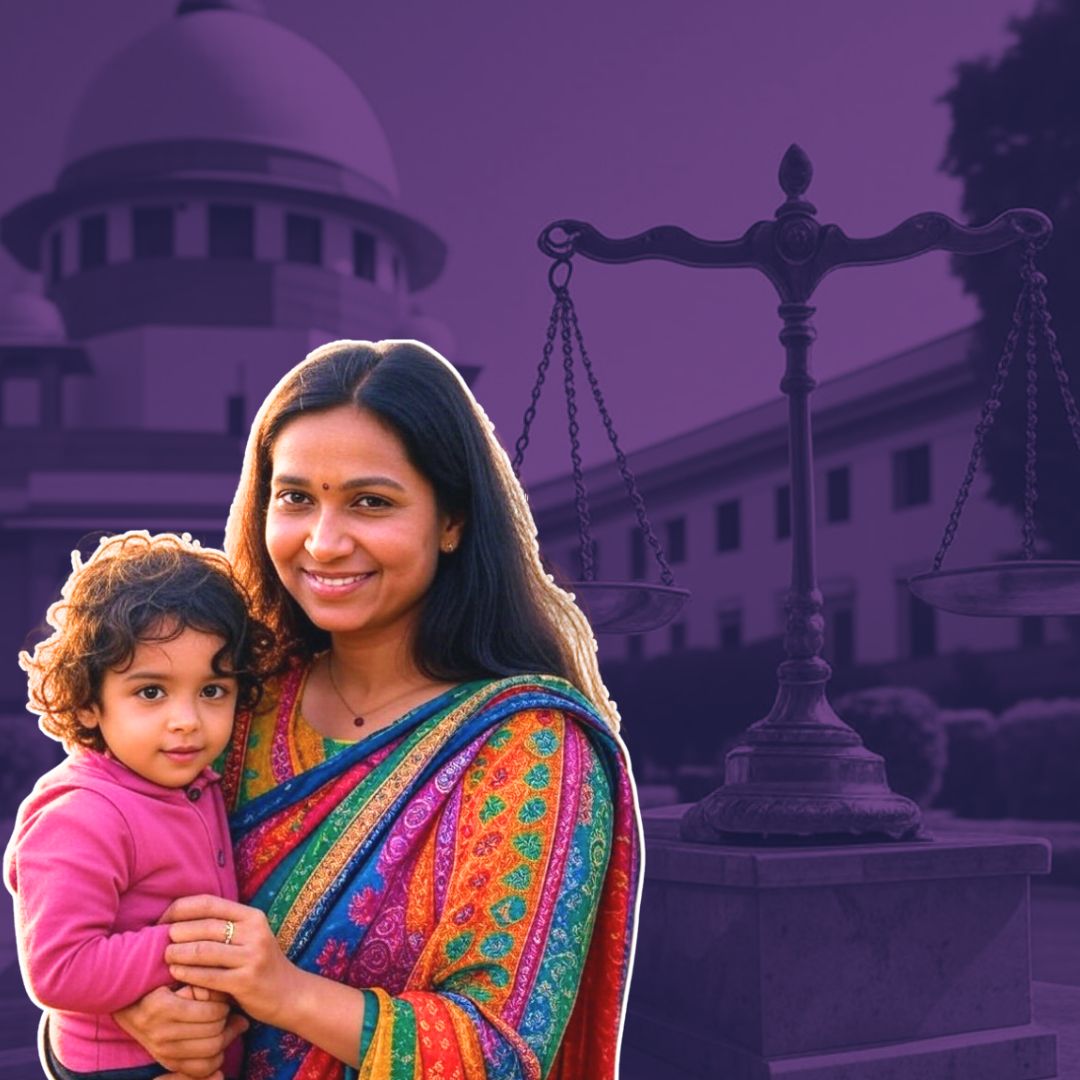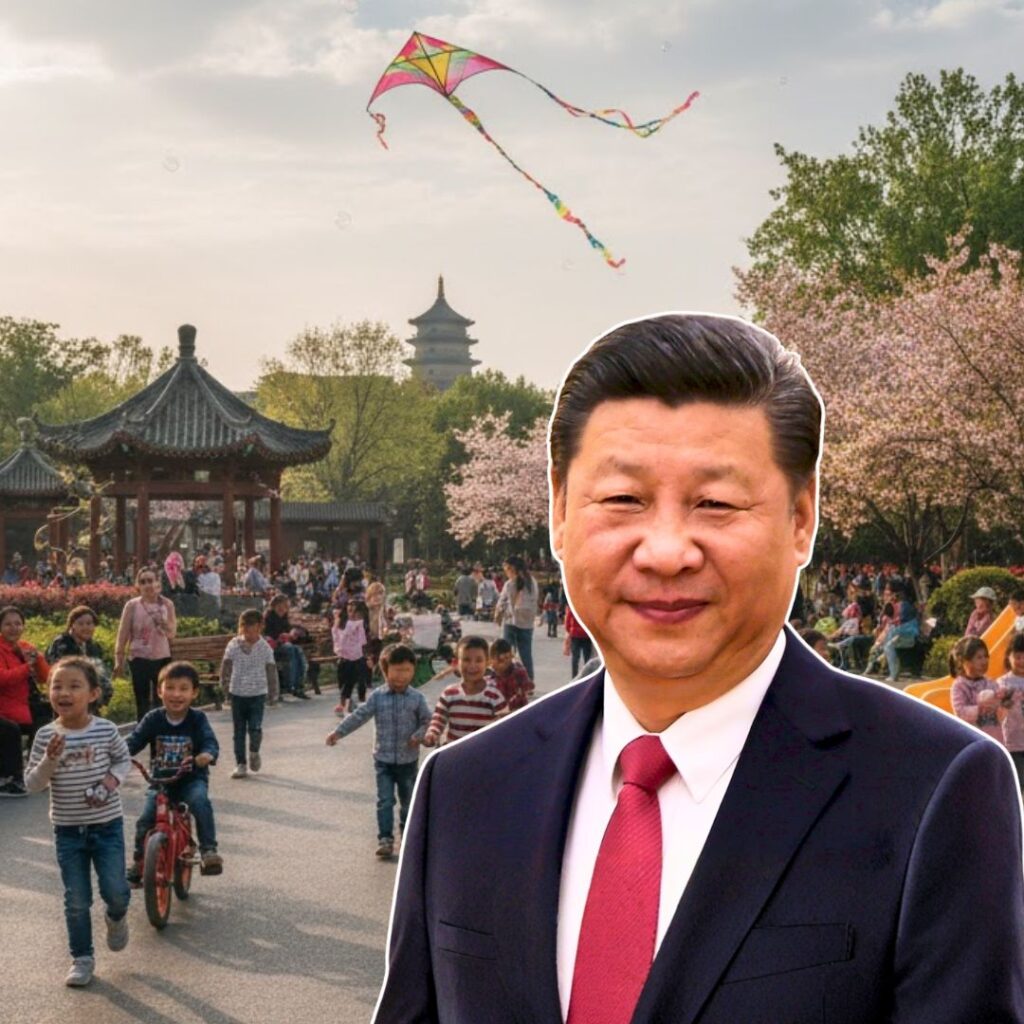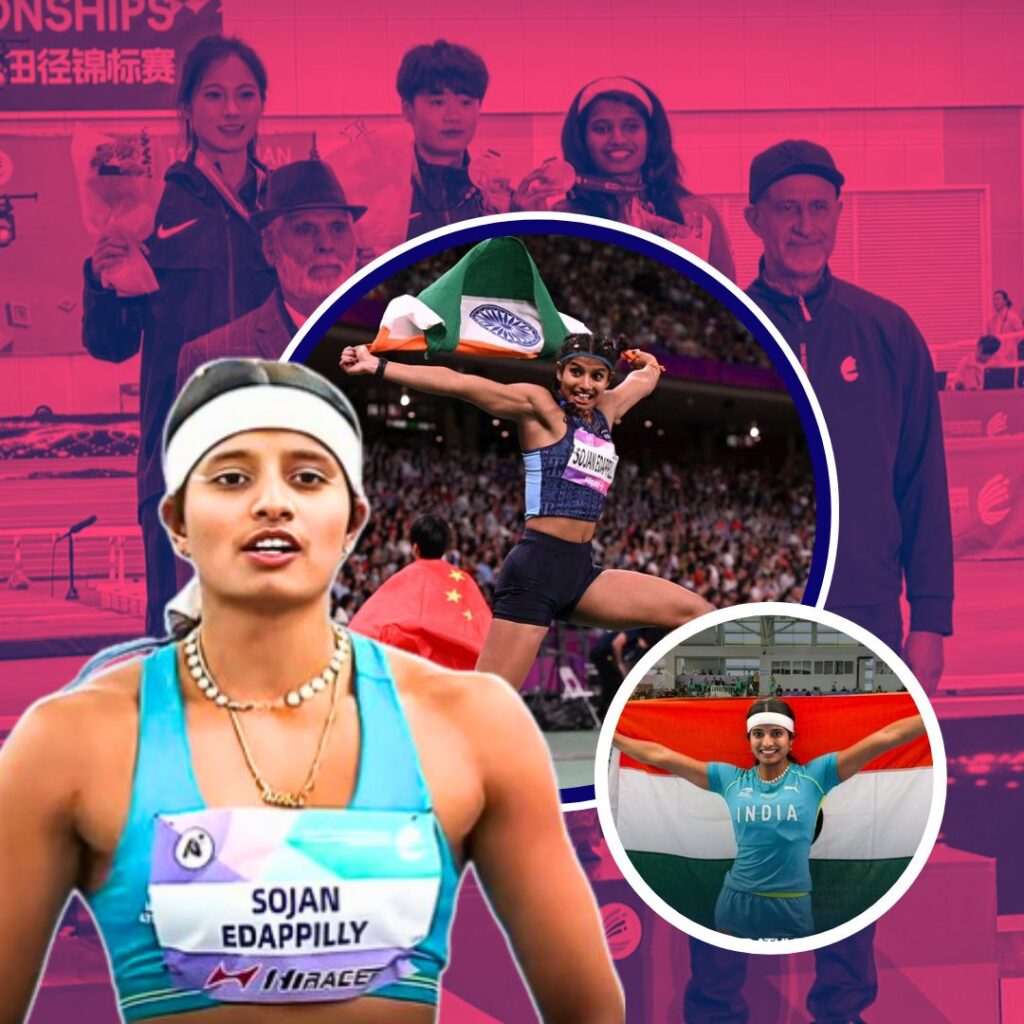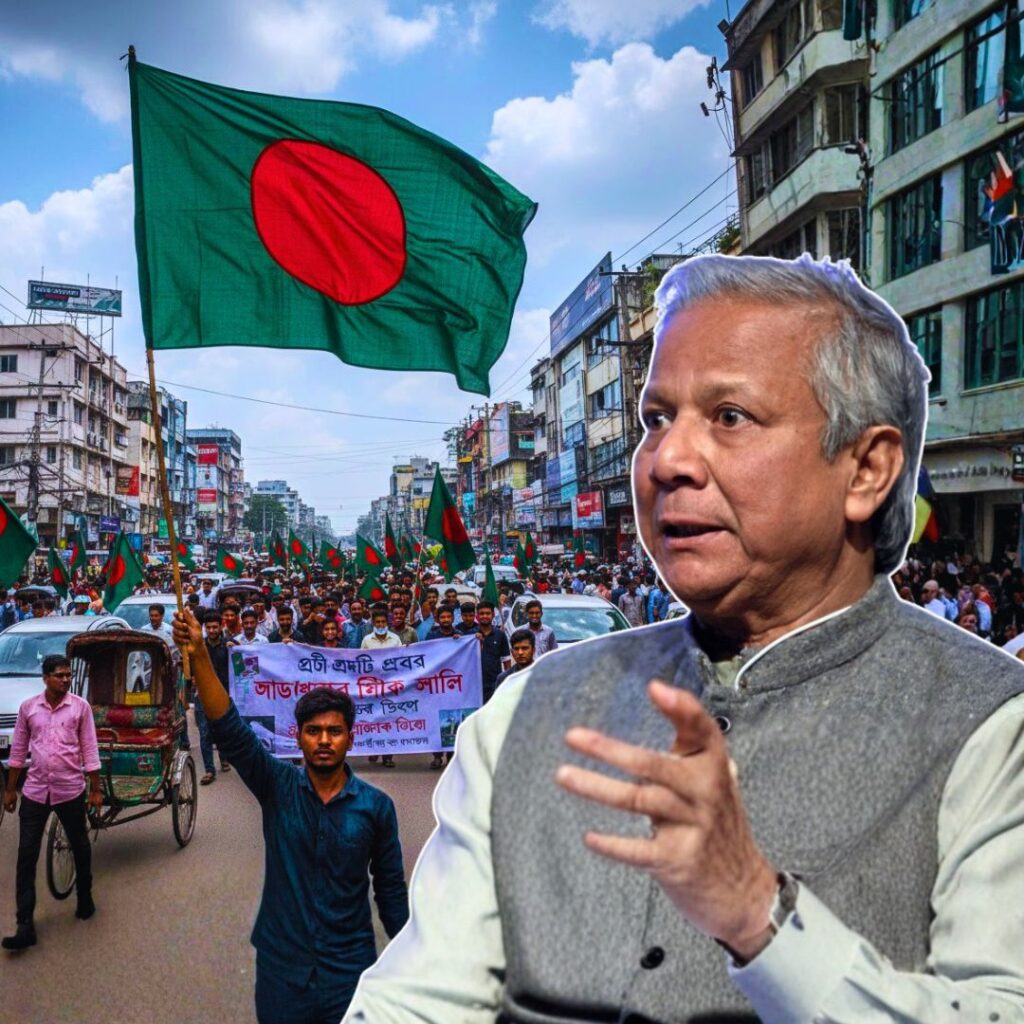The Supreme Court of India on Thursday called for a liberal interpretation of the term “mother” to include step-mothers in social welfare benefits such as family pension. A bench comprising Justices Surya Kant, Ujjal Bhuyan, and N Kotiswar Singh directed the Centre and the Indian Air Force (IAF) to amend their regulations, which currently exclude step-mothers.
This judgment was prompted by a plea from a woman who raised her stepson after his biological mother’s death but was denied family pension. The court stressed that a step-mother who provides full motherly care from infancy should be recognised as the “de-facto mother”.
Expanding the Legal Definition of Mother
The Supreme Court highlighted the importance of moving beyond rigid, biological definitions of “mother” in social welfare laws.
Justice Surya Kant illustrated this with a scenario: if a child’s biological mother dies shortly after birth and the father remarries, the step-mother who raises the child fulfills the mother’s role in practice. He remarked, “In law you may say step-mother, but she is actually de-facto mother as right from the first day, she devoted her life to the child.”
The bench underscored that welfare schemes including family pensions should recognise caregiving reality rather than just biological relations.
The court urged the Centre and Indian Air Force to adopt a flexible, humane interpretation by liberalising the definition of mother in regulations like the Indian Air Force Pension Regulations, 1961, which currently restrict benefits to biological mothers or legally adoptive mothers only.
The judges questioned the constitutional validity of excluding step-mothers, stating welfare laws must accommodate contemporary family structures and caregiving roles that extend beyond biology.
Background and Context of the Case
This ruling arises from a challenge against a December 2021 decision by the Armed Forces Tribunal that denied family pension to a woman after her stepson, an Air Force officer whom she raised since the age of six, passed away. The Indian Air Force’s definition of mother did not include step-mothers, which was the basis for denying her pension claim.
The Supreme Court had indicated in April 2025 that it would reconsider whether step-mothers qualify under family pension provisions, underscoring that “mother is a very wide term.” The top court also noted that many modern families involve caregivers beyond biological mothers, reflecting social realities more accurately.
During the hearing, Justice Kant presented practical hypothetical situations, such as cases where the biological mother abandons the child or dies, and the step-mother becomes the primary caregiver. He questioned why the law should remain a “static expression” when it comes to defining ‘mother’ for welfare benefits.
The justices pressed the Centre’s counsel to consider a flexible and inclusive approach aligned with compassion and justice, reflecting the true caregiving relationships in families today.
The Logical Indian’s Perspective
The Supreme Court’s progressive directive to include step-mothers under social welfare benefits like family pension is a vital advancement in recognising the diversity of modern families and the spectrum of caregiving roles.
This change emphasises empathy, kindness, and fairness, acknowledging that motherhood is defined by care and responsibility, not merely biology. By urging legal frameworks to adapt to real-life family dynamics, the court promotes inclusiveness, social justice, and harmony.
This decision encourages society to broaden its understanding of family and caregiving, reinforcing the value of human dignity and support for those who nurture others.












